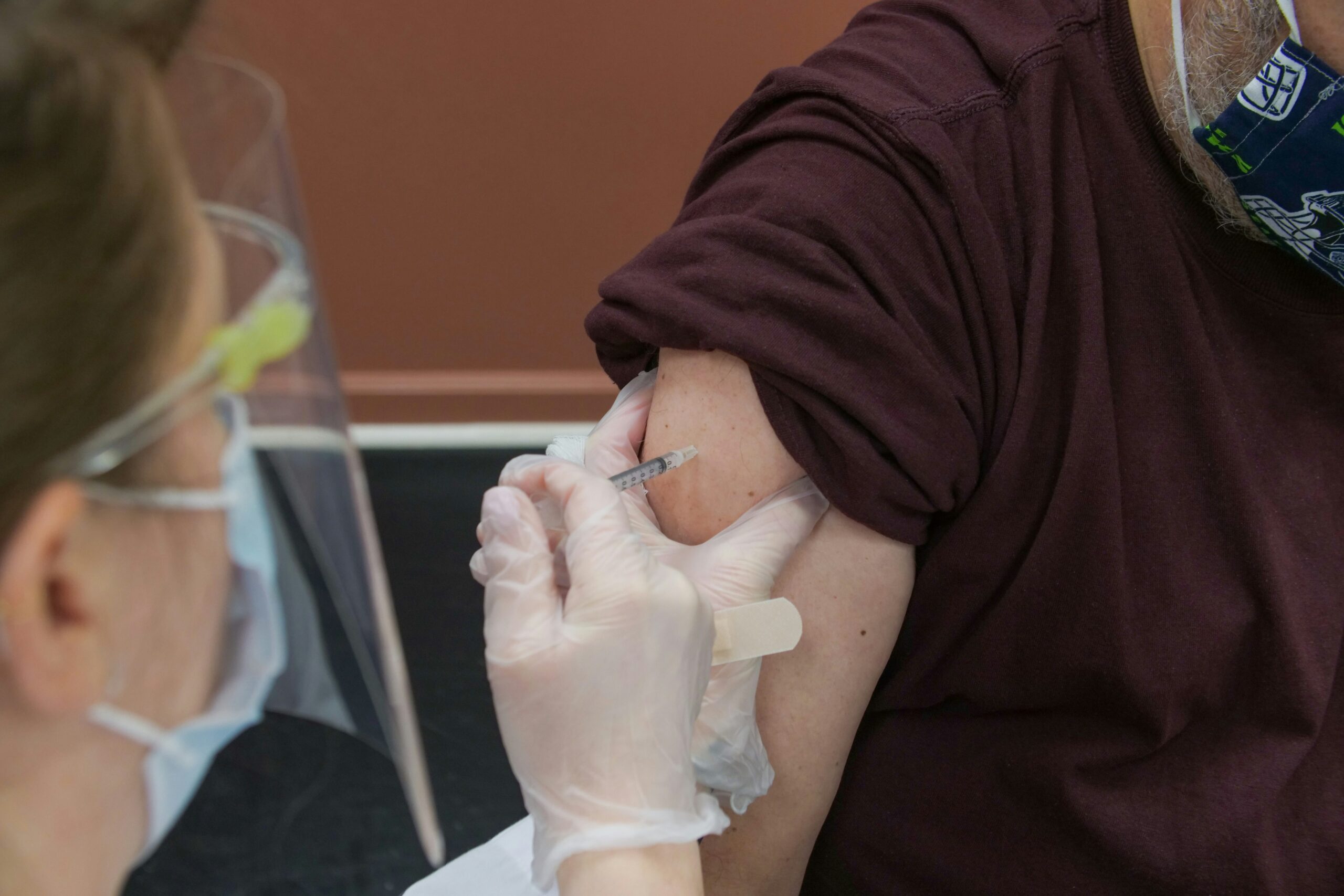The National Survey on Drug Use and Health estimates 9.2 million people in this country have what addiction specialists call a “dual diagnosis.” In other words, they have both a mental illness and a substance abuse disorder. A dual diagnosis center like Lakeview Health’s center in Jacksonville, FL, can do a full assessment to pinpoint mental health conditions. And once they have diagnosed a mental issue, they can offer treatment for it alongside addiction therapy. Why is it essential to make the connection between alcoholism and a condition like obsessive-compulsive disorder (OCD)? Let’s start by defining our terms.
What is OCD?
The Mayo Clinic defines obsessive-compulsive disorder as a pattern of obsessions that involve irrational thoughts and fears, along with compulsions or repetitive behaviors. Alcoholism and OCD be linked, but it is important to remember that they are different conditions.
An example of an obsessive-compulsive behavior might be the need to continually wash your hands despite this repetitive action getting in the way of your work, study, or social life. There are often physical effects as well; your hands may become sore or chapped, yet you continue to wash them compulsively. About 2.3 percent of the adult population in the U.S. suffers from chronic OCD.
What is Alcoholism?
Alcoholism, or alcohol use disorder, is an umbrella term for difficulty controlling alcohol consumption. For some, the condition is chronic, meaning that users drink some alcohol every day. Others binge drink, which is to say that they drink a lot of alcohol in a short time, even if they don’t drink every day.
For most, alcoholism is a dependence; the body builds up a tolerance to alcohol. Without it, users suffer from withdrawal symptoms such as:
- Shaking
- Sweating
- Nausea
- Vomiting
- Hallucinations
- Fever
- Seizures
A person can suffer from alcoholism without alcohol dependence, however. The condition is defined more by how much they regularly drink or by how much they drink in one sitting.
Alcoholism and OCD: What is the Connection?
The connection may be that drinking helps to curb the symptoms of OCD. A person who must wash their hands continuously may be able to stop when they are under the influence of alcohol.
Over time, though, they develop a dependence on alcohol and require treatment for it. And if users get the treatment without intervention for the OCD, they will likely relapse. A dual diagnosis treatment program like the one at Lakeview Health provides therapy and other treatments for both conditions simultaneously because the two are so closely connected.
What to Expect from Dual Diagnosis Treatment?
It will vary by program, but most will start with an assessment to determine the extent of each condition. Many individuals will require medical detox from alcohol, as well. Managed detox is vital because alcohol withdrawal can be potentially life-threatening. From there, you can expect to receive treatment for both OCD and alcoholism. The level of treatment will depend on each person’s needs, which is why choosing a treatment center that offers dual diagnosis programs matters.
Treatment for OCD might include a physical exam and testing to rule out a medical condition that might cause the OCD. It will also involve psychotherapy and, in some cases, medications like an antidepressant. Treatment for alcoholism can also include medications. Disulfiram, for example, makes drinking alcohol unpleasant, and acamprosate helps reduce cravings. Most substance use disorder treatments also include behavioral management therapy.
Lakeview Health offers a dual diagnosis program that treats both alcoholism and OCD. They offer:
- Medical detox
- Residential treatment
- Impatient services
- Partial hospitalization
- Intensive outpatient programs
- Aftercare services
Lakeview Health has gender-specific programs, and a medical model integrated to treat the whole person. A member of the expert staff at Lakeview Health is always available to work with you to determine what treatment program best suits your needs.
If you or someone you love requires dual diagnosis treatment for OCD and alcoholism, give us a contact us today to talk to one of our addiction specialists.




